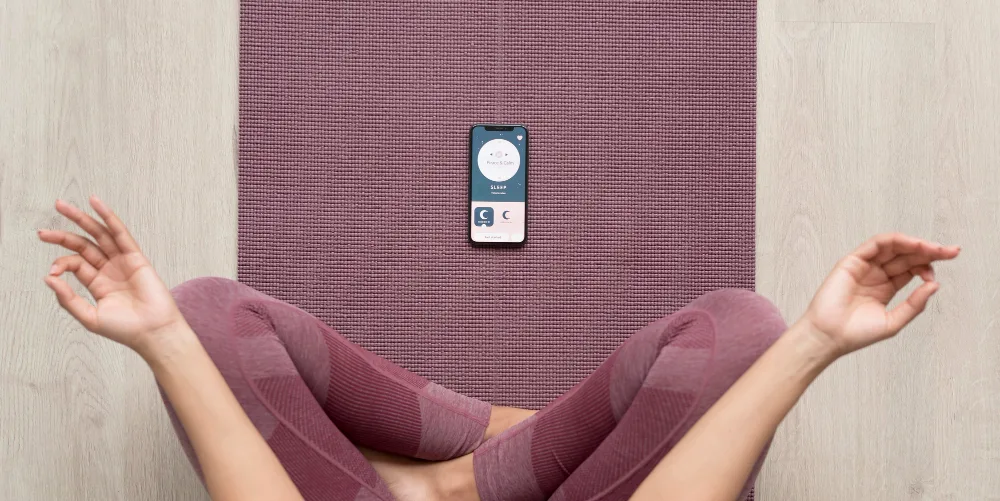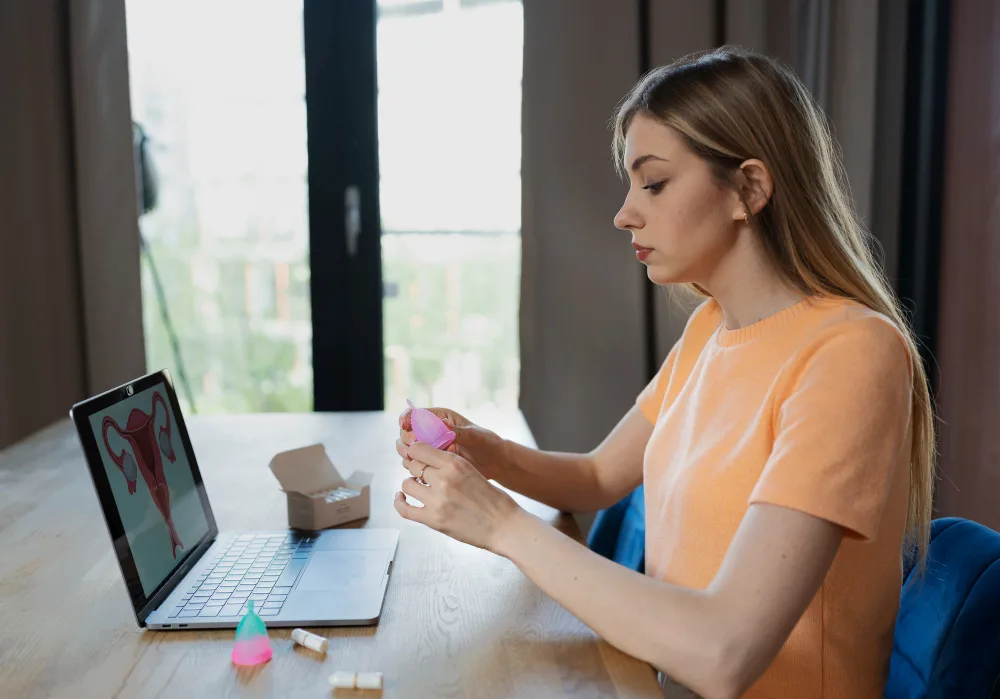The Science and Spirit of Manifestation: Turning Thoughts into Action
The Science and Spirit of Manifestation Turning Thoughts into Action 🪞 Introduction: The Bridge Between Science, Spirit, and the Self Every great idea, achievement, or transformation begins as a thought.Before the light bulb was invented, Edison imagined it. Before the moon landing, scientists dreamed it possible. Every leap humanity has made began with imagination energy that took form through action. That’s the essence of manifestation. It isn’t mystical wishful thinking; it’s the art and science of aligning your thoughts, energy, and actions toward a conscious goal. In a world speeding toward 2026, where AI predicts behavior and technology shapes emotion, manifestation remains one of the most human abilities the ability to envision, feel, and create. At Soul Meadow Holistic Services, manifestation isn’t just about “getting what you want”; it’s about understanding how your inner world shapes your outer experience a blend of psychology, neuroscience, energy awareness, and spiritual wisdom. 🧠 Part I: The Science of Manifestation How the Mind Shapes Reality 1. Neuroscience of Thought and Belief The human brain is an intricate prediction machine. Every thought we have generates electrical impulses that form neural patterns. The more a thought repeats whether I can do this or I’m not enough the stronger that pathway becomes. This is called neuroplasticity, the brain’s ability to rewire itself through repeated mental focus.So, when we visualize success, imagine healing, or affirm peace, we’re not engaging in blind faith we’re training the brain to recognize and expect new possibilities. Psychologists call this the Reticular Activating System (RAS) the filter that decides what information to notice. Once you start believing in a new outcome, your brain begins seeking clues and opportunities that match that belief. That’s manifestation, explained in scientific terms. 2. Quantum Physics and Energy Fields Modern quantum science complements ancient spiritual principles: everything including thought is energy.Your emotions carry frequency, and your intentions broadcast vibration. This isn’t esoteric; it’s physics.Every atom vibrates at specific frequencies. The principle of resonance shows that vibrations of similar frequencies attract and amplify one another. In simple terms, what you think and feel sends out a signal — and the universe responds in kind. It’s what mystics have always said: “As within, so without.” This doesn’t mean you can wish a new reality into existence instantly, but it means your internal frequency your emotional baseline affects your external experiences. When your thoughts, emotions, and actions harmonize, manifestation becomes a natural process. 💫 Part II: The Spirit of Manifestation Aligning Energy and Intention 1. Energy Alignment Through Awareness The spiritual side of manifestation begins with awareness observing how your energy fluctuates through emotions, environments, and people. If you’ve ever felt drained after certain conversations or uplifted by others, you’ve experienced energetic resonance.A manifestation life coach helps you read this inner map to realign with energies that elevate rather than deplete you. 🔗 Explore related reading: Your Energy, Your Reality: How Manifestation Life Coaching Works When energy becomes coherent when thought, feeling, and behavior sync you experience “flow.”That’s when the right people, events, and opportunities begin appearing almost effortlessly. 2. Intention as the Compass of the Soul Intention is not the same as desire. Desire often comes from lack intention comes from purpose.Spiritually, manifestation happens when intention aligns with authenticity. Ask yourself: Manifestation coaching helps refine these answers, turning vague wishes into grounded intentions.When your “why” becomes stronger than your “what,” your energy stabilizes and reality follows. 3. Faith and Emotional Regulation True manifestation requires emotional intelligence.When we visualize, we must also feel aligned with that outcome calm, trusting, not desperate or doubtful. This is where science meets spirituality again.The heart-brain coherence research by the HeartMath Institute shows that when our heart rhythms are in sync with our brain waves, our body enters a powerful creative state. That’s why practices like Reiki, meditation, or breathwork enhance manifestation they regulate your nervous system, bringing you into alignment with your goals. 🔗 Learn more: Reiki Healing Online – Bringing Energy Balance Beyond Boundaries 🌿 Part III: From Thought to Action Making Manifestation Practical Manifestation without action is imagination.Action without alignment is burnout.The bridge between them is intuitive strategy knowing when to flow and when to act. Here’s how it translates into daily life: 1. Visualize with Purpose Visualization isn’t about daydreaming. It’s mental rehearsal.Athletes visualize victory not to fantasize, but to train their brains to perform. You can do the same with career goals, relationships, or emotional healing. Before sleep, imagine your desired future vividly not the “what” but the “feeling.” Feel gratitude in advance.This rewires emotional circuitry for success. 2. Align Habits with Energy If your goal is inner peace, your daily actions should mirror calmness.That means journaling, decluttering, meditating, or taking mindful breaks. If your goal is abundance, practice generosity and gratitude.Energy must move to expand. Every choice what you eat, read, or think carries vibrational weight.That’s why holistic healing isn’t just therapy it’s a lifestyle. 🔗 Discover more: How Online Holistic Wellness Can Transform Your Life 3. Detach, Don’t Dismiss Spiritual detachment isn’t giving up; it’s letting go of control over “how” and “when.”Many manifestations fail because of mental resistance overthinking or doubting the process.Science confirms that chronic stress releases cortisol, which lowers motivation and clarity. When you release attachment, you create energetic space for new outcomes.As they say: when you stop chasing, you start attracting. 4. Consistency Over Intensity Manifestation is not a one-night miracle it’s a discipline.The universe responds to stability.Set small daily rituals: In 2026’s fast-paced digital culture, these micro-habits will be the backbone of emotional balance and success. 🌞 Part IV: Lifestyle Manifestation Living What You Believe Manifestation isn’t an isolated practice; it’s a lifestyle a way of being that integrates mindfulness, emotional awareness, and purpose. 🕯️ Morning Mindset: Setting Energy for the Day Instead of checking your phone first thing, start your day with reflection:“What energy do I want to embody today?”Whether it’s calm, creativity, or compassion decide it, feel it, and carry it forward. Small energetic choices lead to significant emotional outcomes. 🌸










